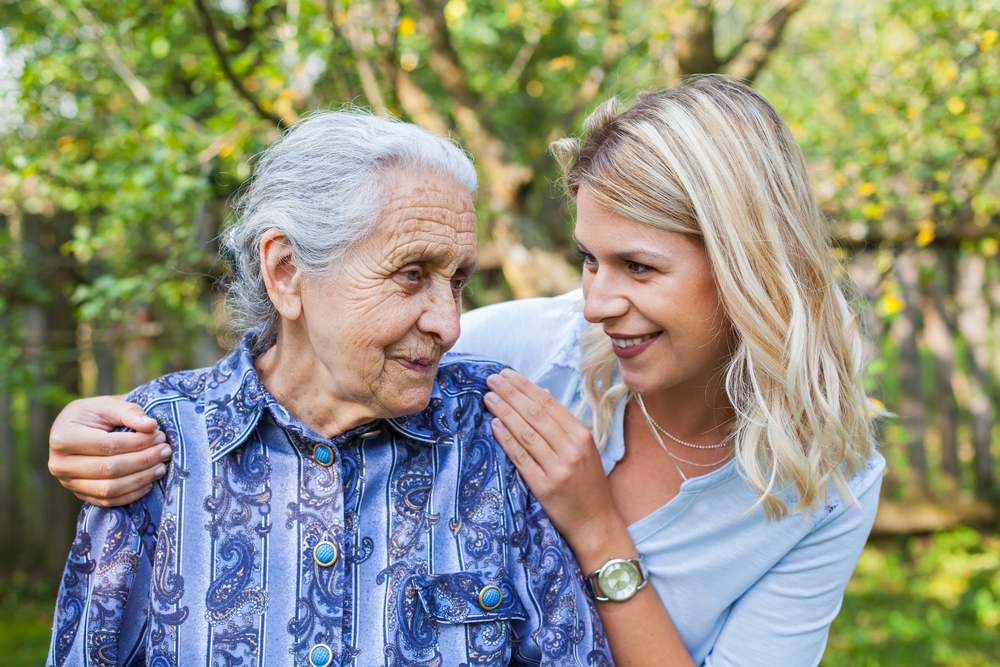Introduction
Extreme summer temperatures can pose significant health risks for seniors, making it crucial to take preventive measures. Older adults are more vulnerable to heat-related illnesses due to age-related changes, medication side effects, and chronic conditions. Implementing effective home care strategies can help seniors stay cool, comfortable, and safe during hot weather. This article provides essential tips to prevent heat-related health issues in older adults.
Understanding Heat-Related Risks for Seniors
Seniors face a heightened risk of heat-related conditions due to:
- Reduced ability to regulate body temperature, increasing susceptibility to overheating.
- Chronic medical conditions that may be aggravated by high temperatures.
- Certain medications that can affect hydration levels and temperature control.
- Limited mobility, which may hinder access to cooler environments.
Home Care Strategies for Summer Safety
1. Keeping the Home Cool
- Utilize fans, air conditioning, or cooling devices to maintain a comfortable indoor climate.
- Keep curtains and blinds closed during peak sunlight hours to minimize heat buildup.
- Avoid using heat-generating appliances like ovens and stoves during the hottest part of the day.
- Ensure proper ventilation to encourage airflow and circulation.
2. Encouraging Hydration
- Remind seniors to consume plenty of water throughout the day, even if they don’t feel thirsty.
- Offer hydrating foods such as watermelon, cucumbers, and citrus fruits.
- Reduce intake of caffeinated and alcoholic beverages, as they can contribute to dehydration.
- Keep water bottles easily accessible to encourage frequent hydration.
3. Dressing for the Weather
- Choose lightweight, loose-fitting, and breathable fabrics to promote better temperature regulation.
- Opt for light-colored clothing to reflect sunlight and minimize heat absorption.
- Encourage wearing wide-brimmed hats and sunglasses when venturing outdoors.
- Apply sunscreen with a high SPF to shield the skin from harmful UV rays.
4. Recognizing Signs of Heat-Related Illnesses
- Be alert to symptoms of heat exhaustion, including excessive sweating, weakness, dizziness, or nausea.
- Identify heat stroke indicators, such as confusion, rapid pulse, flushed skin, or loss of consciousness.
- Seek immediate medical attention if a senior displays severe symptoms of heat-related distress.
- Encourage seniors to take frequent breaks in cool areas when engaging in outdoor activities.
5. Planning Outdoor Activities Wisely
- Schedule outdoor tasks and activities during the cooler morning or evening hours.
- Ensure shaded areas are available for rest when spending time outside.
- Encourage gentle exercises like indoor stretching or chair yoga instead of strenuous outdoor activities.
- Plan indoor social gatherings to reduce exposure to extreme heat.
The Role of Caregivers in Heat Safety
Caregivers play an essential role in safeguarding seniors from heat-related issues by:
- Regularly checking on seniors, especially during heat waves.
- Assisting with hydration reminders and ensuring adequate nutrition.
- Monitoring for signs of heat-related illnesses and acting quickly when necessary.
- Providing access to cooling solutions such as ice packs or damp cloths.
Conclusion
Keeping seniors safe in the heat requires careful planning and proactive home care measures. By maintaining a cool indoor environment, promoting hydration, selecting appropriate clothing, and recognizing early symptoms of heat-related conditions, caregivers can help seniors stay safe and comfortable. Prioritizing heat safety ensures that older adults maintain their health and well-being, even in the hottest months of the year.

